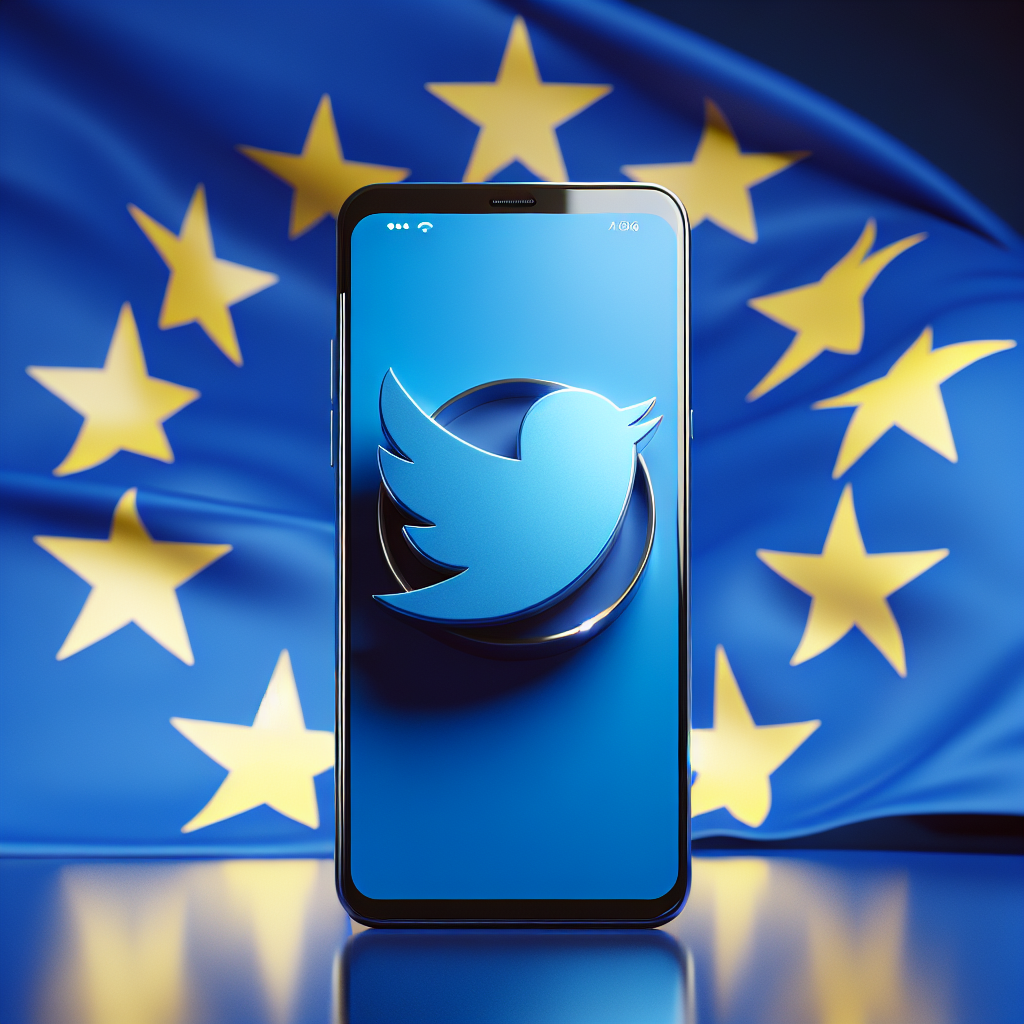The regulatory branch of the European Union announced on Friday that Elon Musk’s social media platform has violated its rules regarding advertising transparency, data access for researchers, and keeping users informed.
The European Commission’s statement follows months of investigation into whether X — formerly known as Twitter before Musk acquired the company in October 2022 — violated the Digital Services Act (DSA). This law aims to ensure that major digital platforms and their owners protect user privacy and prevent the spread of harmful content.
The commission pointed out that X has not complied with requirements for advertising transparency, citing the absence of a searchable advertisement database. In contrast, Meta’s Facebook maintains an ad library where users can search for any ads that have run in the E.U. over the past year, as well as ads related to political or social issues over the past seven years.
Musk’s platform has also been criticized for not providing researchers with access to public data. The commission highlighted Musk’s decision to place X’s application programming interface — a tool that allows researchers to access roughly 10 million posts a month — behind an expensive paywall, which halted at least 100 research projects.
Additionally, the commission found that X’s verification system misleads users into believing some accounts are legitimate. After Musk’s acquisition, X removed the blue checkmarks that designated legitimate and notable users. Currently, these checkmarks are tied to subscription accounts that anyone can purchase. “There is evidence of motivated malicious actors abusing the ‘verified account’ to deceive users,” the commission stated.
Thierry Breton, the E.U. commissioner for the internal market, remarked, “Back in the day, BlueChecks used to mean trustworthy sources of information. We also consider that X’s ads repository and conditions for data access by researchers are not in line with the DSA transparency requirements.”
Musk responded to the commission’s decision with a series of remarks. He questioned the authenticity of Breton’s post on X about the blue checkmarks, asking, “How we know you’re real?” He also described the DSA as “misinformation” and claimed that the European Commission offered X an illegal secret deal to censor speech without informing anyone in exchange for avoiding fines, an allegation he said other platforms accepted.
These regulatory findings are preliminary, granting X the opportunity to respond. If the commission upholds its preliminary conclusions, X could face fines up to 6% of its total worldwide annual revenue and may be required to take corrective actions.
The European Commission has been actively scrutinizing other major tech companies in recent months, including Apple, Microsoft, and Meta, accusing them of violating its anti-competition law, the Digital Markets Act.
